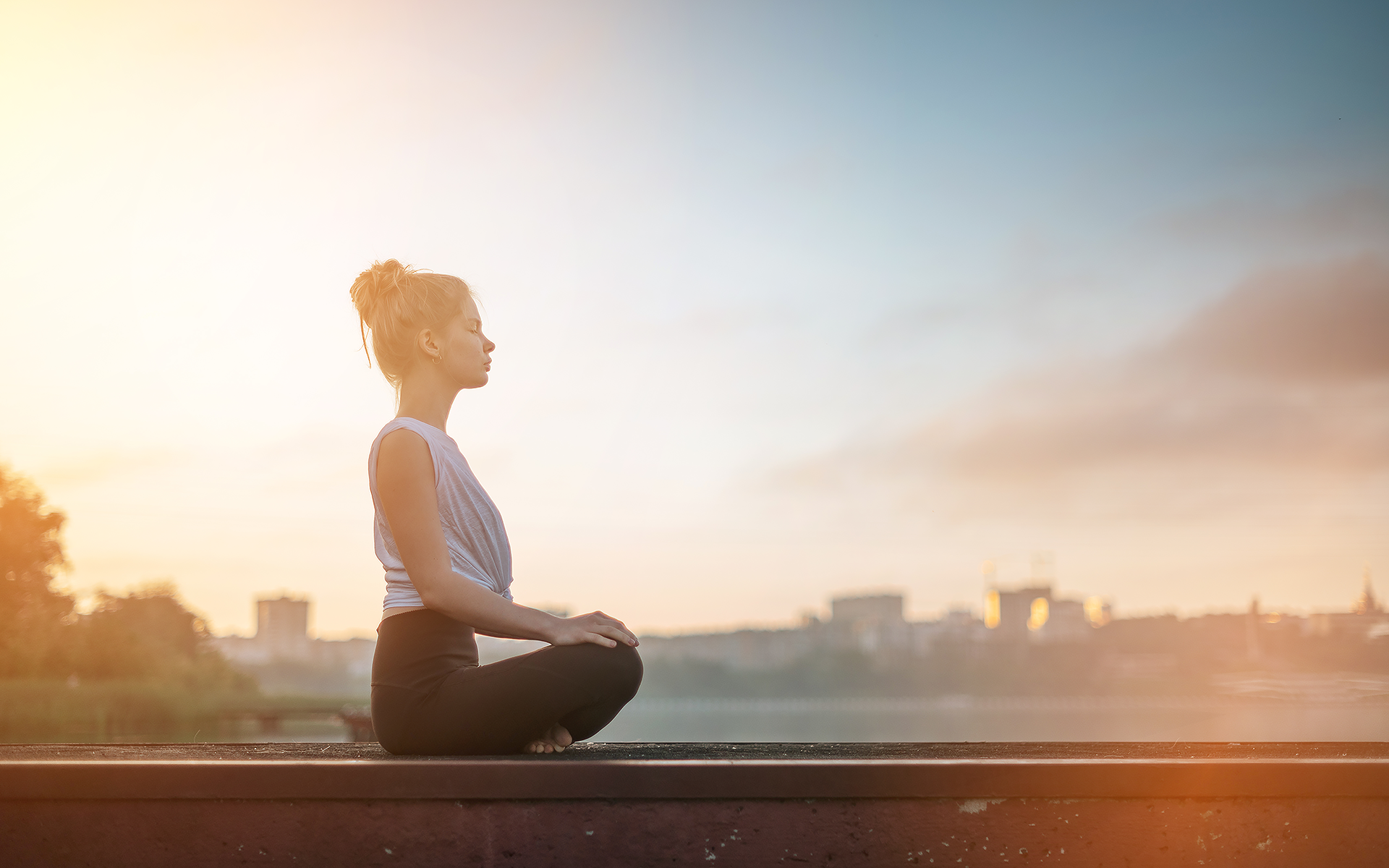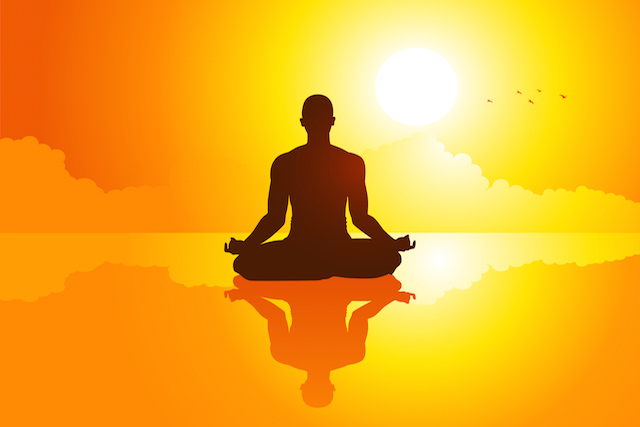Our general interest e-newsletter keeps you as much as date on a wide array of health topics.
Sign up now Meditation: A simple, fast way to reduce stress
Meditation can wipe away the day's tension, bringing with it inner peace. See how you can quickly find out to practice meditation whenever you require it most.
By Mayo Center Personnel If tension has you anxious, tense and worried, consider trying meditation. Spending even a few minutes in meditation can restore your calm and inner peace.
Anyone can practice meditation. It's easy and economical, and it doesn't require any unique devices. And you can practice meditation anywhere you are-- whether you're out for a walk, riding the bus, waiting at the physician's workplace or perhaps in the middle of a hard organisation conference.
Comprehending meditation Meditation has actually been practiced for countless years. Meditation initially was indicated to assist deepen understanding of the spiritual and magical forces of life. Nowadays, meditation is typically utilized for relaxation and stress reduction.
Meditation is considered a type of mind-body complementary medicine. Meditation can produce a deep state of relaxation and a tranquil mind. During meditation, you focus your attention and eliminate the stream of jumbled ideas that might be crowding your mind and triggering stress. This procedure may result in enhanced physical and emotional wellness.
Advantages of meditation Meditation can give you a sense of calm, peace and balance that can benefit both youremotional wellness and your general health.
And these advantages do not end when your meditation session ends. Meditation can help carry you more calmly through your day and may help you handle signs of particular medical conditions.
Meditation and emotional well-being When you meditate, you may clear away the details overload that develops every day and adds to your tension.
The emotional benefits of meditation can consist of:
Meditation and disease Meditation might also work if you have a medical condition, specifically one that might be aggravated by tension. While a growing body of scientific research study supports the health advantages of meditation, some scientists believe it's not yet possible to draw conclusions about the possible benefits of meditation. With that in mind, some research study recommends that meditation may help individuals manage symptoms of conditions such as:
Be sure to talk with your healthcare service provider about the pros and cons of using meditation if you have any of these conditions or other health issues.

Sometimes, meditation can intensify symptoms associated with particular psychological and physical health conditions.
Meditation isn't a replacement for conventional medical treatment. But it may be a beneficial addition to your other treatment. Kinds of meditation
Meditation is an umbrella term for the numerous ways to a relaxed state of being. There are lots of kinds of meditation and relaxation methods that have meditation components. All share the very same objective of accomplishing inner peace. Ways to meditate can consist of:
Directed meditation. Sometimes called assisted images or visualization, with this method of meditation you form psychological images of places or situations you discover relaxing.
You try to use as lots of senses as possible, such as smells, sights, noises and textures. You may be led through this procedure by a guide or instructor.
Mantra meditation. In this kind of meditation, you silently duplicate a soothing word, thought or expression to prevent distracting thoughts. Mindfulness meditation. This kind of meditation is based upon being mindful, or having an increased awareness and acceptance of living in the present moment.
In mindfulness meditation, you broaden your mindful awareness. You focus on what you experience throughout meditation, such as the circulation of your breath. You can observe your thoughts and feelings, but let them pass without judgment. Qi gong. This practice normally combines meditation, relaxation, physical motion and breathing exercises to bring back and maintain balance. Qi gong (CHEE-gung) becomes part of conventional Chinese medication. Tai chi. This is a form of mild Chinese martial arts. In tai chi (TIE-CHEE), you perform a self-paced series of postures or movements in a sluggish, elegant manner while practicing deep breathing.
Transcendental Meditation ®. Transcendental Meditation is a basic, natural method. In Transcendental Meditation, you calmly repeat a personally assigned mantra, such as a word, noise or expression, in a specific method. This type of meditation might enable your body to settle into a state of extensive rest and relaxation and your mind to achieve a state of inner peace, without requiring to use concentration or effort. Yoga. You carry out a series of postures and controlled breathing workouts to promote a more flexible body and a calm mind. As you move through postures that require balance and concentration, you're motivated to focus less on your busy day and more on the minute.

Various types of meditation might include various features to assist you meditate. These might vary depending on whose assistance you follow or who's teaching a class. Some of the most typical functions in meditation include: Focused attention. Focusing your attention is normally among the most important components of meditation.
Focusing your attention is what helps totally free your mind from the lots of interruptions that trigger stress and concern. You can focus your attention on such things as a specific item, an image, a mantra, or even your breathing. Relaxed breathing. This technique involves deep, even-paced breathing utilizing the diaphragm muscle to expand your lungs. The function is to slow your breathing, take in more oxygen, and reduce the use of shoulder, neck and upper chest muscles while breathing so that you breathe more efficiently. A peaceful setting. If you're a beginner, practicing meditation might be much easier if you're in a quiet area with few interruptions, consisting of no tv, radios Study or mobile phones.
As you get more knowledgeable at meditation, you may have the ability to do it anywhere, especially in high-stress circumstances where you benefit the most from meditation, such as a traffic congestion, a stressful work conference or a long line at the grocery store. A comfortable position. You can practice meditation whether you're sitting, resting, strolling, or in other positions or activities. Just try to be comfy so that you can get the most out of your meditation. Aim to keep good posture throughout meditation. Open mindset. Let thoughts go through your mind without judgment.